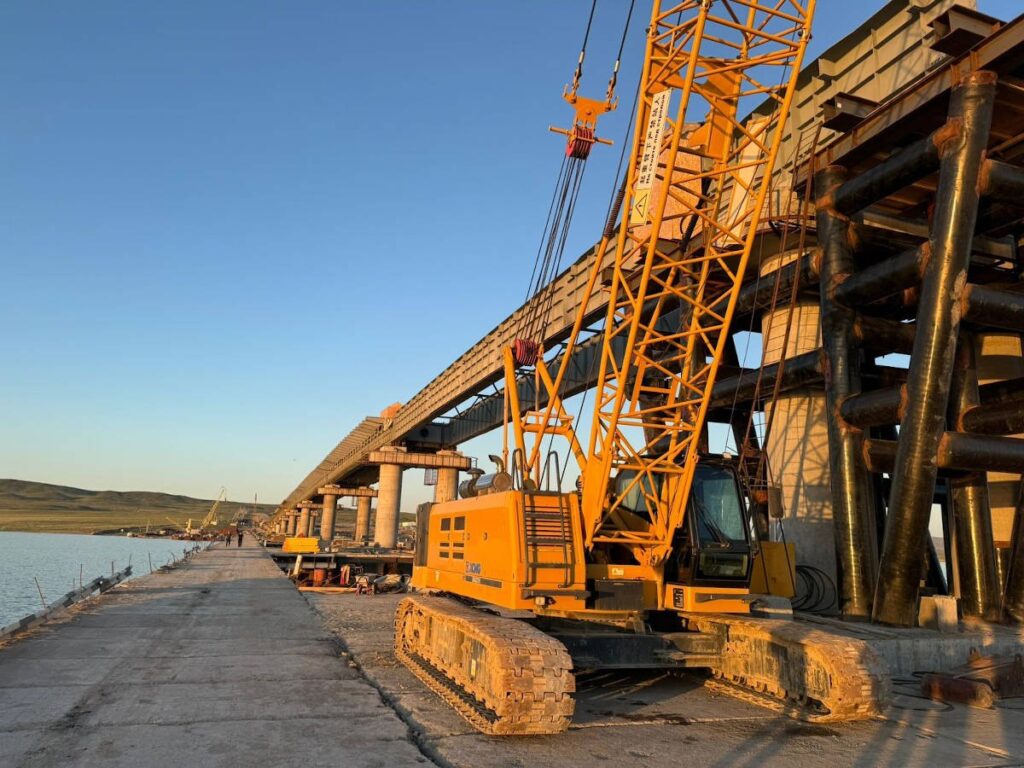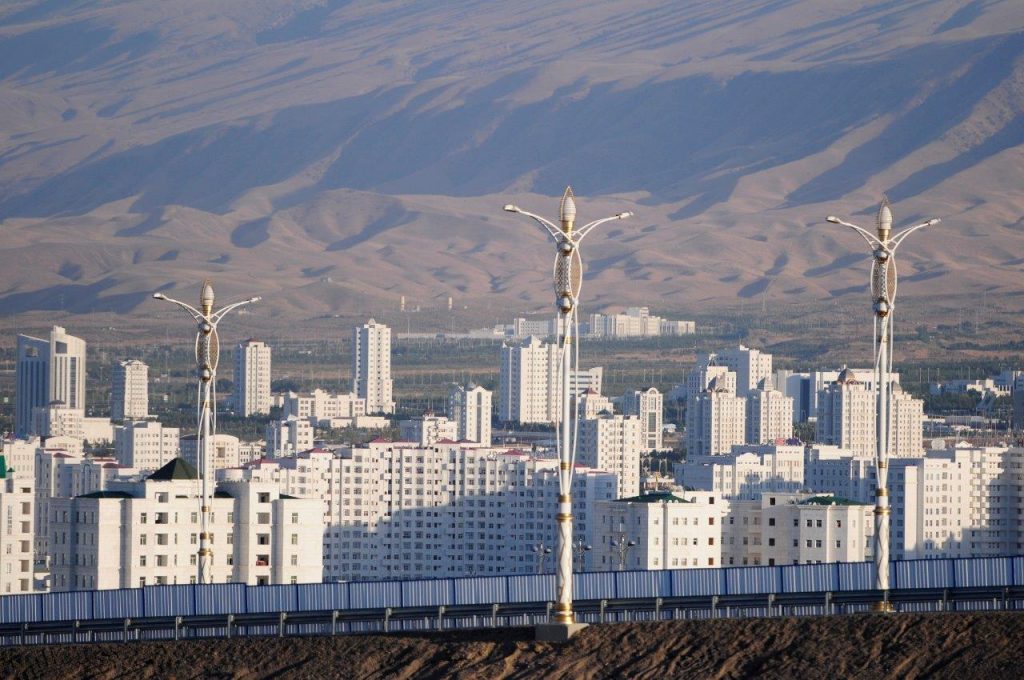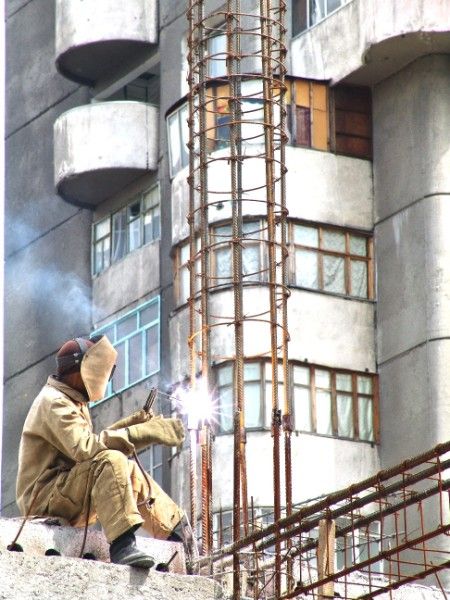BISHKEK (TCA) — Kyrgyzstan’s gross domestic product in 2017 was 493 billion soms and increased by 4.5% compared to 2016, the National Statistical Committee of Kyrgyzstan said. The GDP growth was higher than the forecasts of the government and international financial institutions including the International Monetary Fund and the World Bank. At the end of 2016, the IMF and WB expected growth of no more than 3.5%. According to the conclusion of the IMF mission in November 2017, the country’s GDP was expected at 3.2%. The forecast for Kyrgyzstan’s economic growth was lowered by 0.3% due to the situation on the Kyrgyz-Kazakh border. Kyrgyzstan’s industrial output amounted to 231 billion soms last year and increased by 11.5% compared to 2016. The industry grew due to the growth of extraction of metal ores and crude oil, as well as production of plastic and food products including beverages and tobacco products. Dependence on Kumtor In early 2017, the GDP growth was very impressive — more than 7%. However, the year ended with an increase of 4.5% due to the impact of the operation of the Kumtor gold mine. The economy is still dependent on gold mining, while investors are not in a hurry to enter Kyrgyzstan. Dependence on one enterprise represents a significant risk to the economy. In 2018, the gold production will decrease at Kumtor, so it is likely that the current GDP may also change, experts say. One of the main events of 2017 was the signing of a new agreement on Kumtor between the government of Kyrgyzstan and Centerra Gold. In December 2017, it was 20 years since the development of the Kumtor mine started in the country. Over the years, several unsuccessful attempts have been made to conclude an agreement beneficial to the Kyrgyz side. Finally, in September 2017, the Kyrgyz government and Centerra signed a new agreement under which the Canadian company will allocate $50 million to the newly established Environmental Development Fund to finance environmental protection measures. The money will primarily be used for the modernization and construction of new modern treatment facilities in the water area of Lake Issyk-Kul. In addition, the annual environmental payment was increased to $3 million. The new agreement on Kumtor became a signal to foreign investors that they can enter the country. Industrial growth and trade The industrial growth indicators are encouraging. Earlier, mainly services and trade were developing, and the population received revenues from re-export. Currently, the country's economy is aimed at industrial production. Among the countries of the Eurasian Economic Union, the largest growth in industrial production in the ten months of 2017 was recorded in Kyrgyzstan — 13.7%, the Eurasian Economic Commission announced in December 2017. For 11 months of 2017, Kyrgyzstan's foreign trade amounted to $6 billion, 11% more compared to 2016. Exports increased by 12.8% and imports by 10.2%. The exports grew due to the increased exports of glass, butter, precious metals, non-monetary gold, and dried fruits. The country increased imports of fabrics, ceramic products,...






